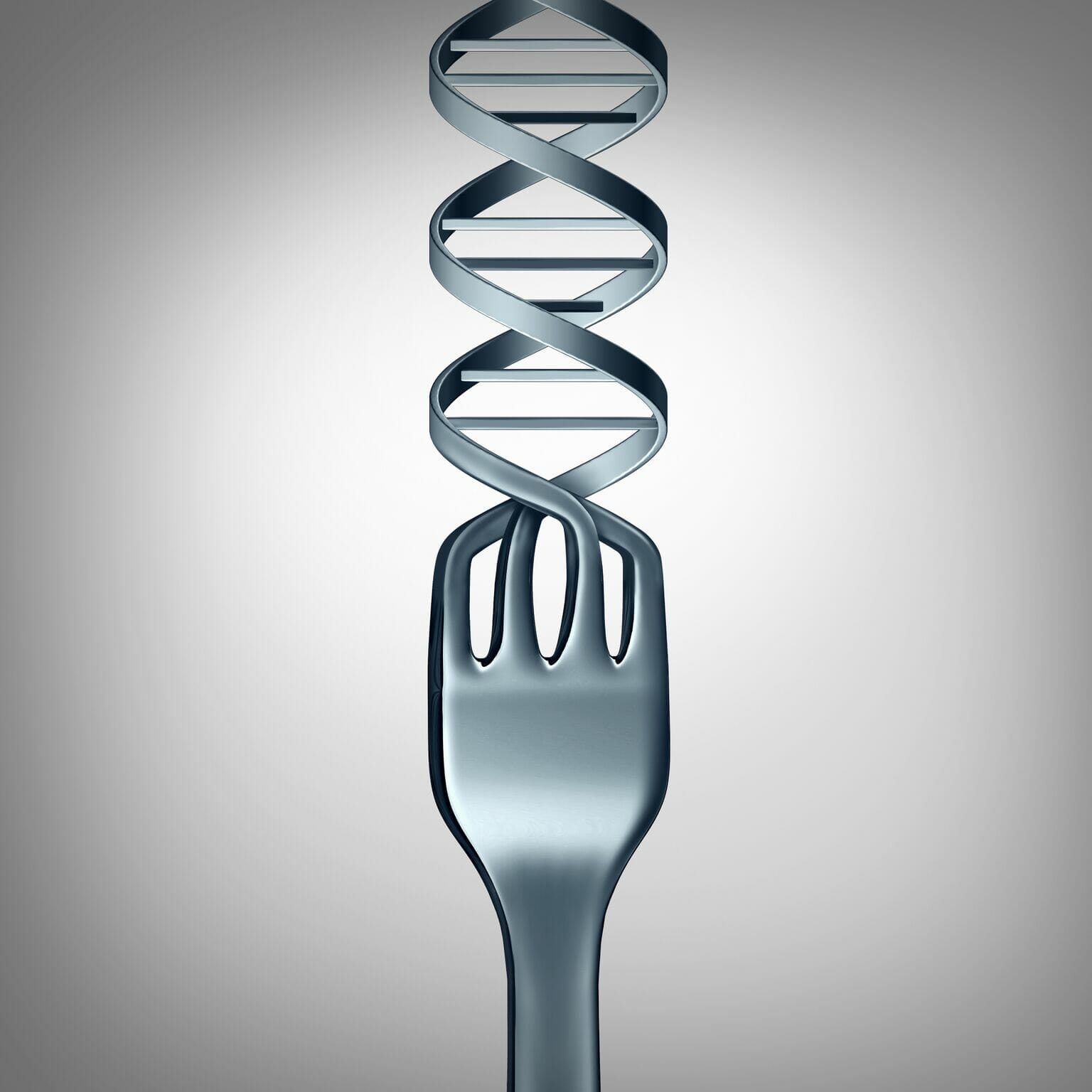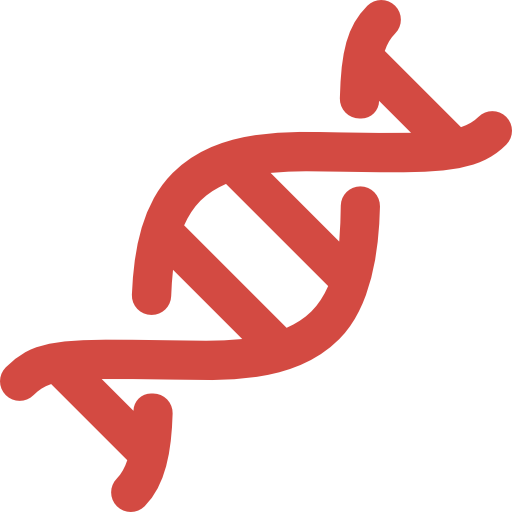 Genomic testing is becoming more and more popular. Let’s look at what it is.
Genomic testing is becoming more and more popular. Let’s look at what it is.
You are born with your genes, many of which contain small errors called SNPs (pronounced “snips”) that can predispose you to certain health conditions or affect how your body processes medications.
Unlike single gene mutations that cause inherited genetic diseases, gene SNPs don’t act alone; they can interact with one another, the environment, and a person’s dietary and lifestyle choices to create health or disease. While we can’t change our genes, we can change the environment we put them in and make healthier lifestyle choices. Therein lies the power of genomics.
Genomic testing identifies gene SNPs and then enables personalized evidenced-based health interventions.
One example is pharmacogenomics–a new branch of medicine that identifies gene SNPs and how they affect a person’s ability to metabolize a prescribed drug or over-the-counter medication. For a clinician or healthcare professional, genomic testing can help determine what medication(s) are most effective and have minimal risk of adverse effects. Each person can then get the right drug, at the correct dose, delivered at the right time.
Genomic testing can also guide individualized dietary and lifestyle strategies in the prevention and treatment of many common chronic diseases. The results of these tests can help tailor specific nutritional and lifestyle choices to improve health outcomes for individuals with a wide range of chronic illnesses—including obesity, cancer, cardiovascular disease, diabetes, Alzheimer’s disease, osteoporosis and emotional disorders (e.g., depression, anxiety).
This branch of personalized medicine is nutritional genomics – also known as nutrigenomics – and focuses on how food and lifestyle can “talk” to a person’s genes. Genomic test results help a clinician recommend the right foods, the right amount of nutrients, and the right lifestyle choices to create a healthier food-gene conversation, and more efficiently manage, reduce, or even prevent disease.
These DNA-directed disease prevention and treatment strategies have created a revolution in healthcare– not only improving health outcomes but also saving healthcare resources for companies.




























